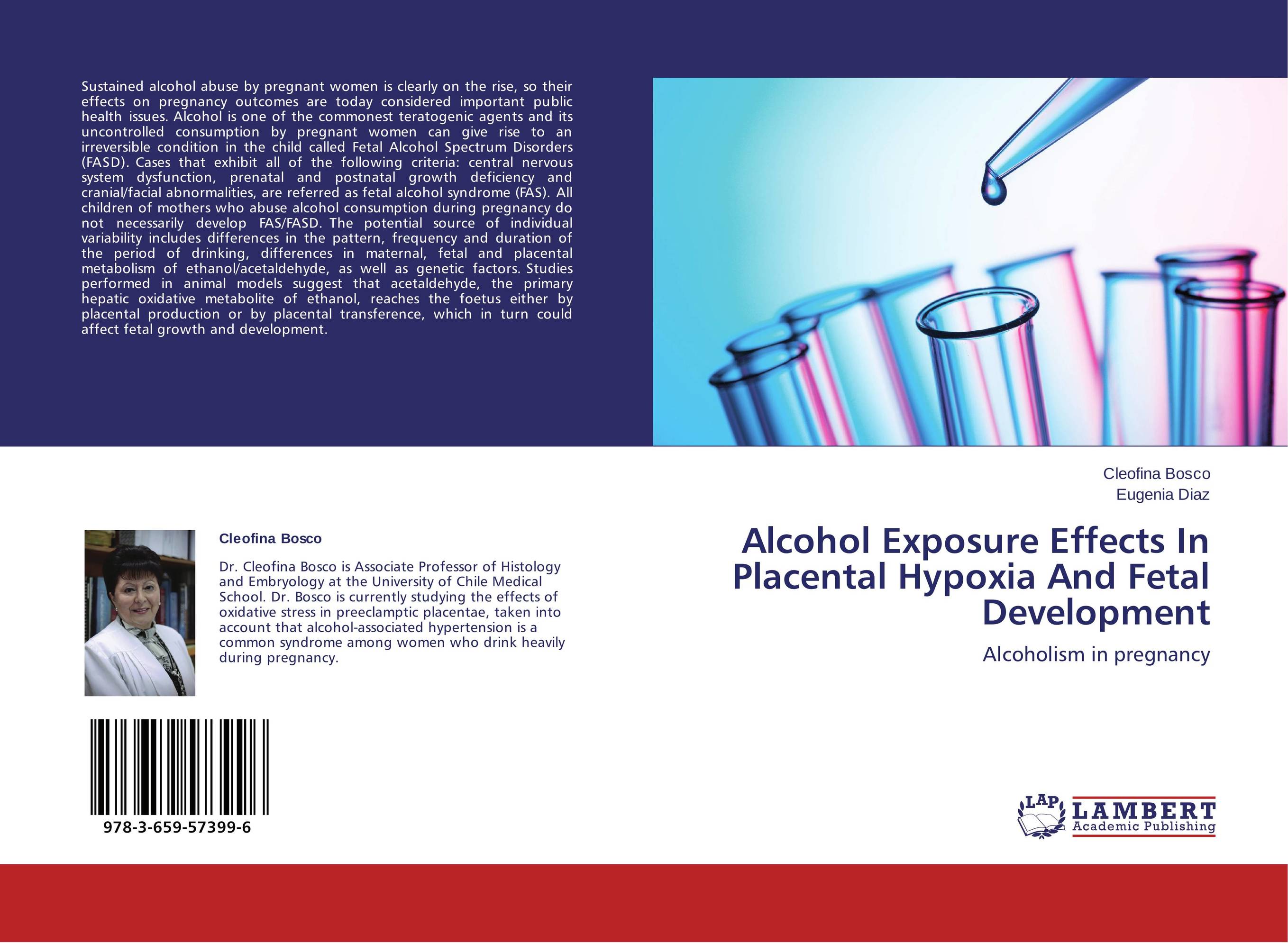| Поиск по каталогу |
|
(строгое соответствие)
|
- Профессиональная
- Научно-популярная
- Художественная
- Публицистика
- Детская
- Искусство
- Хобби, семья, дом
- Спорт
- Путеводители
- Блокноты, тетради, открытки
Alcohol Exposure Effects In Placental Hypoxia And Fetal Development. Alcoholism in pregnancy

В наличии
| Местонахождение: Алматы | Состояние экземпляра: новый |

Бумажная
версия
версия
Автор: Cleofina Bosco and Eugenia Diaz
ISBN: 9783659573996
Год издания: 2014
Формат книги: 60×90/16 (145×215 мм)
Количество страниц: 68
Издательство: LAP LAMBERT Academic Publishing
Цена: 18169 тг
Положить в корзину
| Способы доставки в город Алматы * комплектация (срок до отгрузки) не более 2 рабочих дней |
| Самовывоз из города Алматы (пункты самовывоза партнёра CDEK) |
| Курьерская доставка CDEK из города Москва |
| Доставка Почтой России из города Москва |
Аннотация: Sustained alcohol abuse by pregnant women is clearly on the rise, so their effects on pregnancy outcomes are today considered important public health issues. Alcohol is one of the commonest teratogenic agents and its uncontrolled consumption by pregnant women can give rise to an irreversible condition in the child called Fetal Alcohol Spectrum Disorders (FASD). Cases that exhibit all of the following criteria: central nervous system dysfunction, prenatal and postnatal growth deficiency and cranial/facial abnormalities, are referred as fetal alcohol syndrome (FAS). All children of mothers who abuse alcohol consumption during pregnancy do not necessarily develop FAS/FASD. The potential source of individual variability includes differences in the pattern, frequency and duration of the period of drinking, differences in maternal, fetal and placental metabolism of ethanol/acetaldehyde, as well as genetic factors. Studies performed in animal models suggest that acetaldehyde, the primary hepatic oxidative metabolite of ethanol, reaches the foetus either by placental production or by placental transference, which in turn could affect fetal growth and development.
Ключевые слова: Placenta, Fetal Development, oxidative estress



